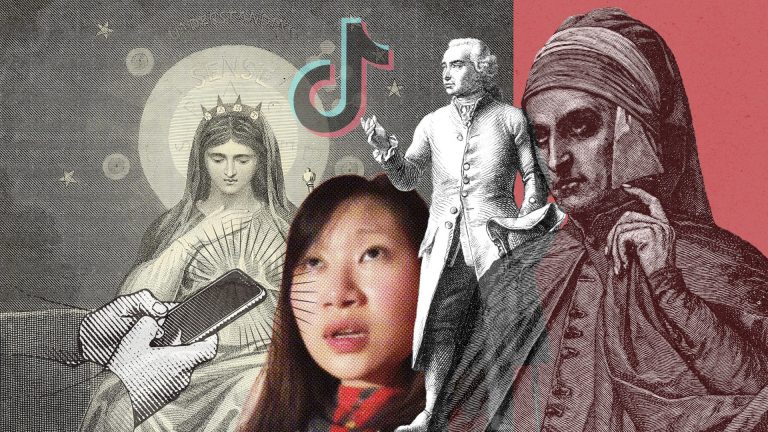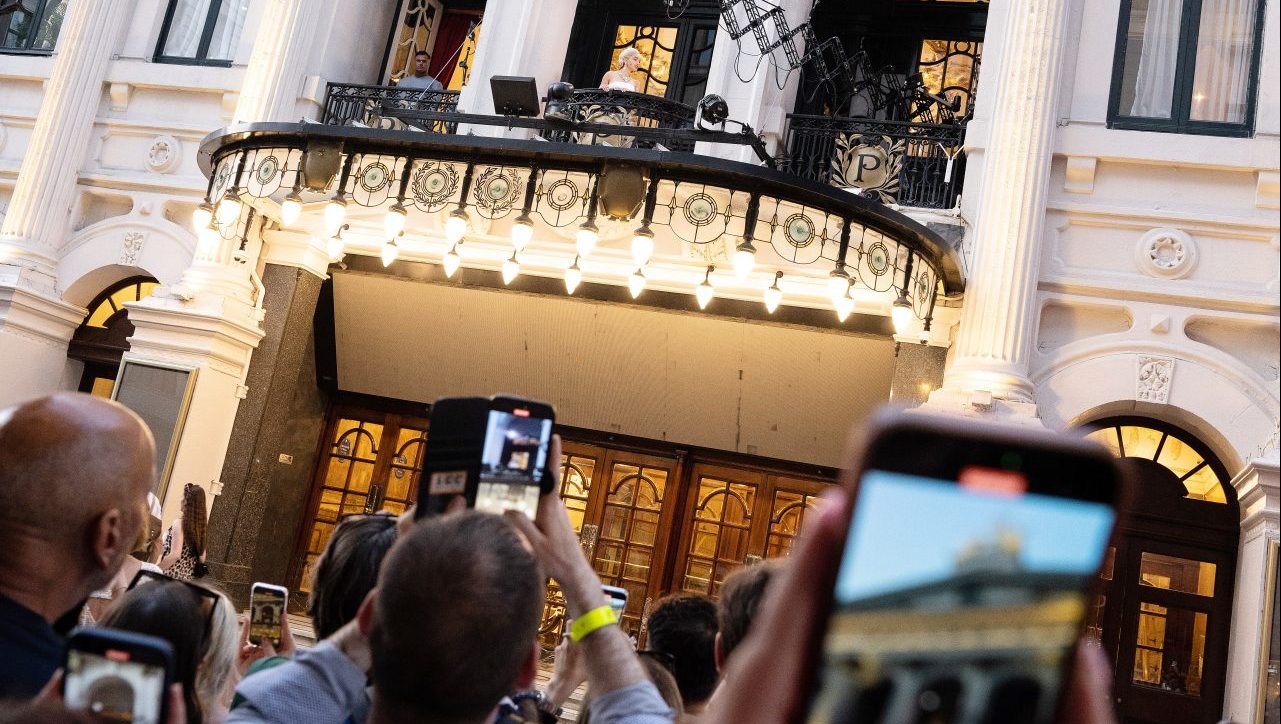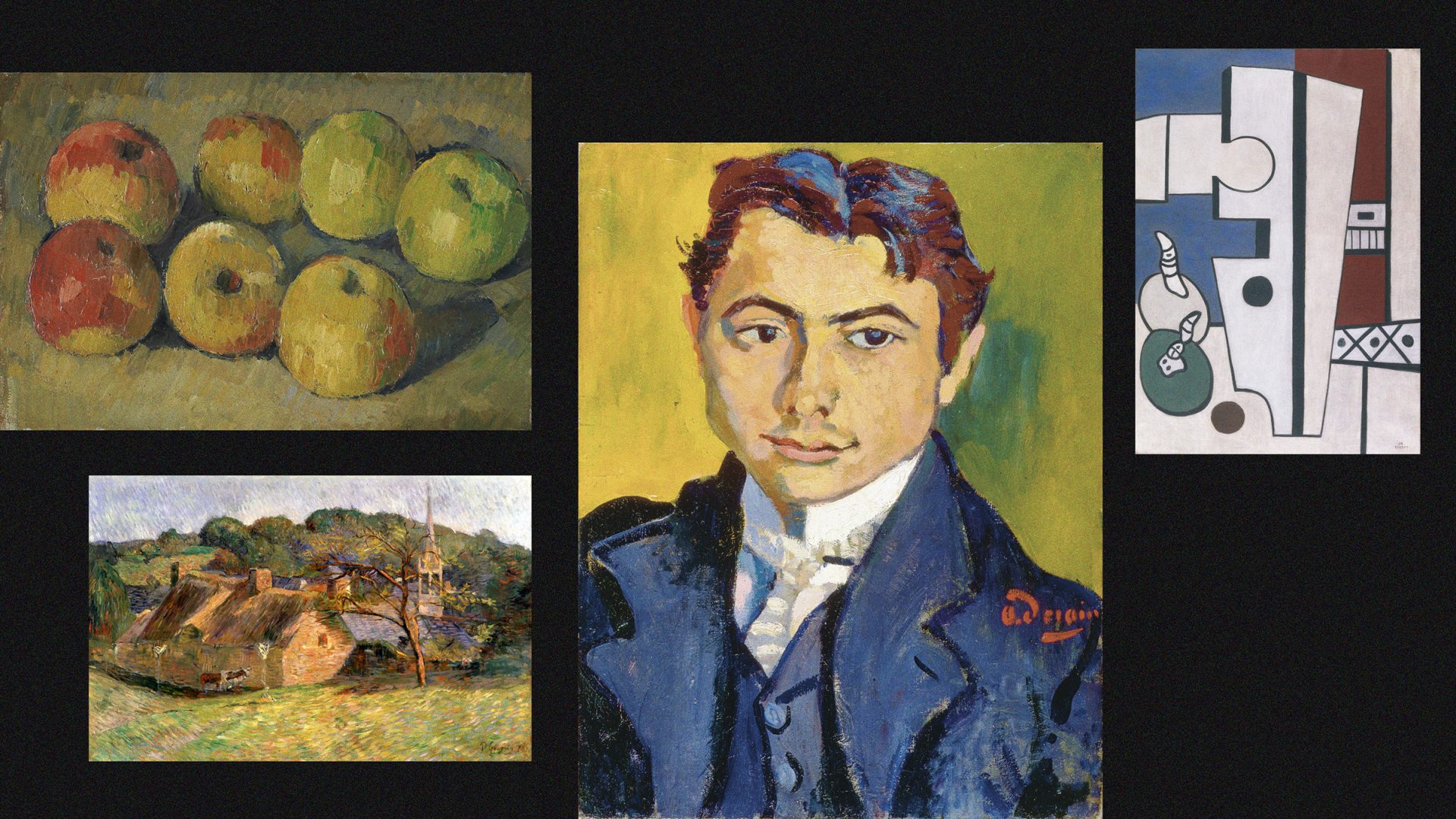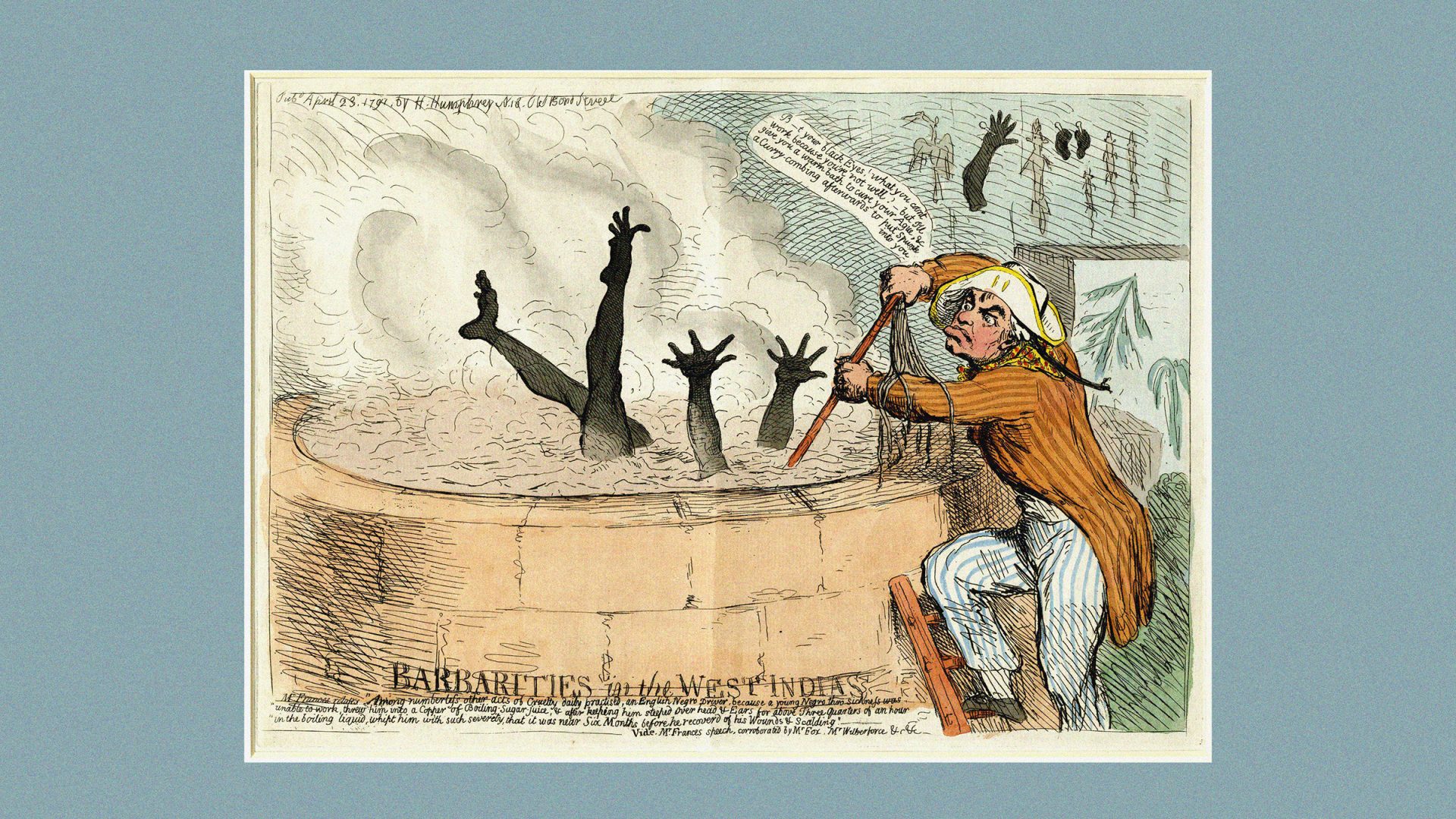Saturday night, 8.46pm. Argyll Street – the cut-through from Oxford Street to Liberty in London’s West End – is heaving, as is the perpendicular Little Argyll Street. But this isn’t your typical hot summer’s evening rush. The pavement is packed shoulder-to-shoulder, spectators crammed in like sardines, their gaze firmly fixed on the balcony above the London Palladium’s ornate entrance. There are groups of theatre kids, elderly couples, parents shielding young children, as punters squeeze through the crowd for a better spot.
“Excuse me, what’s everyone waiting for?” asks a tourist passing by. Clearly, they’ve not been on TikTok. In nine minutes and counting, the crowd will witness first hand the viral spectacle that’s taken social media and the theatre world by storm. Rachel Zegler is about to perform Don’t Cry For Me, Argentina on the balcony, free to all who dare brave central London on a sweaty Saturday night.
If you, too, haven’t been online lately, Zegler’s performance is part of Jamie Lloyd’s reimagining of Evita, one of the most talked-about West End productions of the year. As someone standing near me in the crowd puts it, “this is crazy!” Another less enthused spectator says, “maybe if she blows me away I’ll buy an actual ticket.”
Is it just a publicity stunt or a stroke of creative genius? Previews of Evita began on June 14, and opening night was July 1 – that was when the embargo lifted for reviews. This is standard practice in theatreland, giving productions a few weeks to work through first-night hiccups. But when hot-ticket shows like Evita attract attention through headline-making decisions such as performing your biggest tune to the street, then the embargo becomes irrelevant. Anyone on Argyll Street at the right moment can film the scene and upload their take to social media. Theatre criticism is evolving in the digital age. The theatres themselves, however, are not.
“The preview period means people on social media will go in early and give their very meticulous reviews on platforms like TikTok and Instagram,” says Alex Wood, editor-in-chief of What’s On Stage, who recently dedicated a podcast episode to this very issue. And because TikTok now gets more searches than Google, “people with very minimal followings can actually have quite a large impact on the overall perception of a show.”
Evita’s proliferation over social media isn’t an isolated case. Across the cultural landscape, TikTok and Instagram have become the dominant entry points for young people discovering – and analysing – theatre, art, music, literature and even food. Pop music TikTokers race against Pitchfork to post reviews of the latest Lorde album. Restaurants go viral thanks to gluttonous shots of cheese pulls described as “sooo tasty”. BookTok pushes novels to the top of bestseller lists and, in some cases, even determines which books get adapted for screen.
To be clear: this isn’t necessarily a bad thing. Sure, there’s a lot of slop on social media, but there are also genuinely thoughtful and informed people out there, offering honest culture reviews and recommendations to an audience that might not care what the Guardian thinks. “Some of these people are incredibly eloquent and deliver very good insights that match what a critic might say,” explains Wood.
Suggested Reading


The social media philosophers
The downside is that there are influencers who’ve been invited and incentivised by publicity teams to have positive reactions, which is where things get tricky. Wood references the recent promo run for Final Destination: Bloodlines, where those invited to preview screenings were encouraged to post on X/Twitter – if they had something nice to say.
“It’s almost like an endorsement rather than an appraisal, and I think sometimes it’s hard to differentiate if you’re just the everyday consumer,” he says. “People gravitate towards people they can trust or enjoy watching, so if an influencer comes along and says, ‘Hey, you should see this West End show’, they’re probably more likely to respond to it without questioning whether or not there’s a partial perspective because of free tickets.”
Ultimately, social media equals more bums on seats. And with 40% of theatres at risk of closure or becoming unusable in the UK, it’s hard to get too upset about social media pundits encouraging more people to see shows, whether they know what they’re talking about or not.
But fear not. Within the Evita crowd, at least, there are still young people who care about traditional reviews. “I’m more likely to trust the opinion of professional critics,” says Tabitha, a 19-year-old student, who has already bought a ticket to see the full show. Her friends nod – though, as drama students, they have a vested interest in staying up to date with critical reception. Still, their take on the social media noise around theatre is clear-eyed. “It’s just creating greater awareness,” says Olly, 19. “It changes the way shows are marketed – out of posters, into our TikToks.”
“Even back in the 1990s, when the internet was first formed, critics in the big national newspapers were worried about whether that online sphere would be the end for critics,” says Wood. “Obviously, it hasn’t – actually, it’s generated a whole generation. Maybe this is just the natural next step, with platforms like TikTok, Instagram and Snapchat acting as disruptors. Critics just have to adapt.”
Back in the crowd, people are getting restless, periodically checking the time and pointing cameras at the balcony in anticipation of Rachel Zegler’s big entrance. At 8.56pm, the violins start and the phones go up. The performance is good – exactly how it looks on social media. Even in person, most people watch it through a screen, avidly filming for proof of their own participation. As Zegler ends she crosses her hand above her heart and gestures to the crowd below, which erupts into adoring cheers.
But not everyone’s convinced. As the audience heads for the tube station, one man sums it up bluntly: “I guess we’ve not got to pay for tickets now.”
Olive Pometsey is a journalist whose credits include Elle, GQ and The Face




